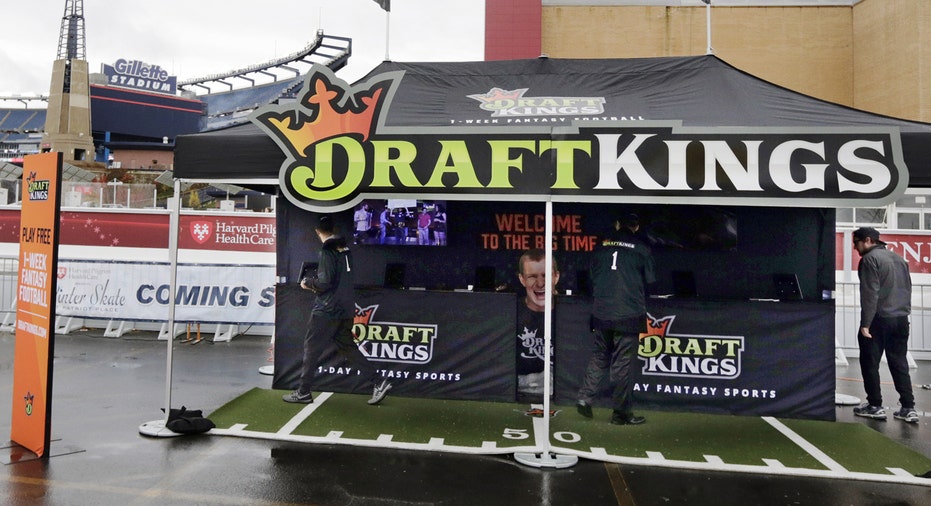DraftKings, FanDuel merger won't cause higher prices, companies say

WASHINGTON – Daily fantasy sports companies DraftKings and FanDuel defended their planned merger on Wednesday, saying the deal would not lead to higher prices for players.
The U.S. Federal Trade Commission filed a lawsuit in June aimed at stopping the merger, arguing that the combined company would control more than 90 percent of the U.S. market for paid daily fantasy sports contests.
The lawsuit was the latest setback for the two companies, which have faced regulatory challenges in several states. They announced the deal in November 2016 as a merger of equals that would cut their legal bills.
The companies said in similar filings that the FTC lawsuit reflected "an unnecessarily rigid and uninformed application of the antitrust laws to an underdeveloped, nascent industry, and largely ignore rigorous economic analysis that has revealed consistently, no matter which way it is analyzed, that prices are not likely to increase as a result of the transaction."
The companies also said their deal would be good for consumers and argued that they competed for players against larger, more powerful companies in the broader and longer- running fantasy sports businesses, like ESPN and Yahoo.
"DraftKings admits that fantasy sports include, but are not limited to, both season-long fantasy sports ("SLFS") and DFS (daily fantasy sports), but specifically denies the characterization that SLFS and DFS are distinct," the company said in its filing.
Modern fantasy sports started in 1980 and have mushroomed online. Participants typically create teams that span an entire season in professional sports, including American football, baseball, basketball and hockey. Daily fantasy sports, which focus on single-day contests, have developed over the past decade into a multibillion-dollar industry.
The FTC has asked the court for a preliminary injunction to prevent the companies from closing the deal while it proceeds with an internal review to determine if the merger is legal.
If the FTC wins a preliminary injunction, companies normally give up because deals cannot be held together during the lengthy internal process.
The FTC has won a long list of court fights in recent years. The agency stopped food distribution giant Sysco Corp from buying US Foods Inc and prevented office supplies retailer Staples Inc from acquiring Office Depot Inc.
(Reporting by Diane Bartz; Editing by Peter Cooney)



















